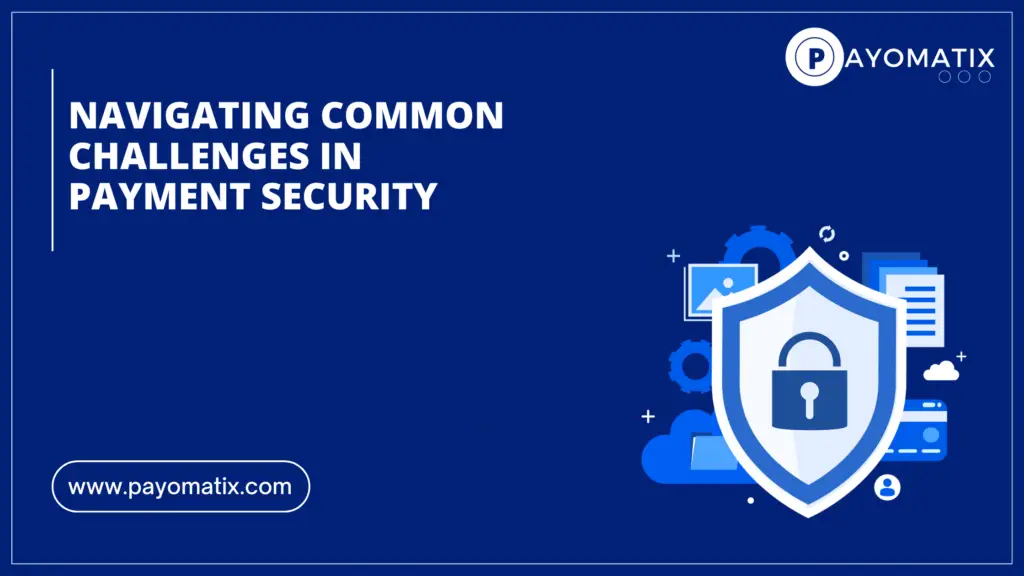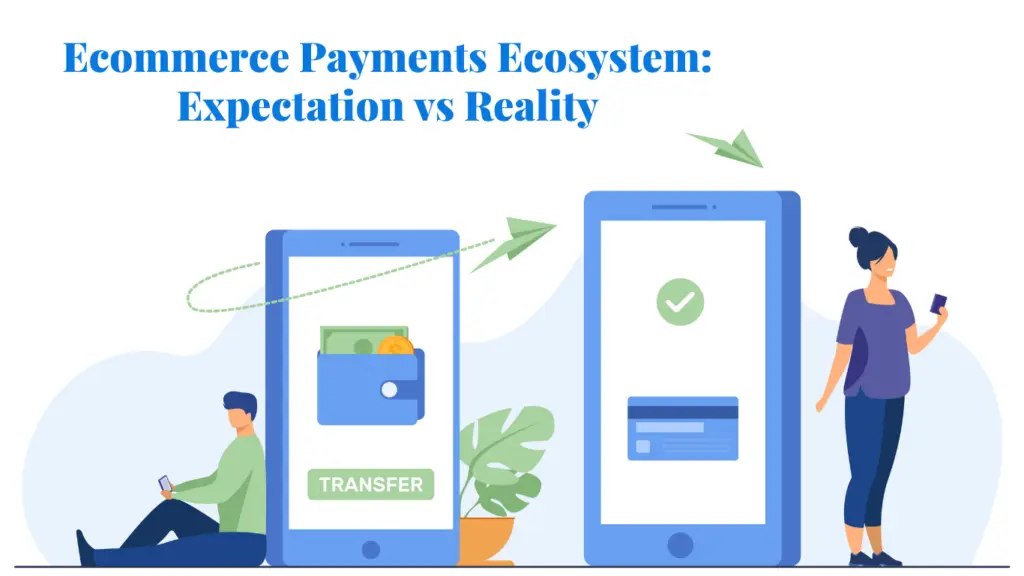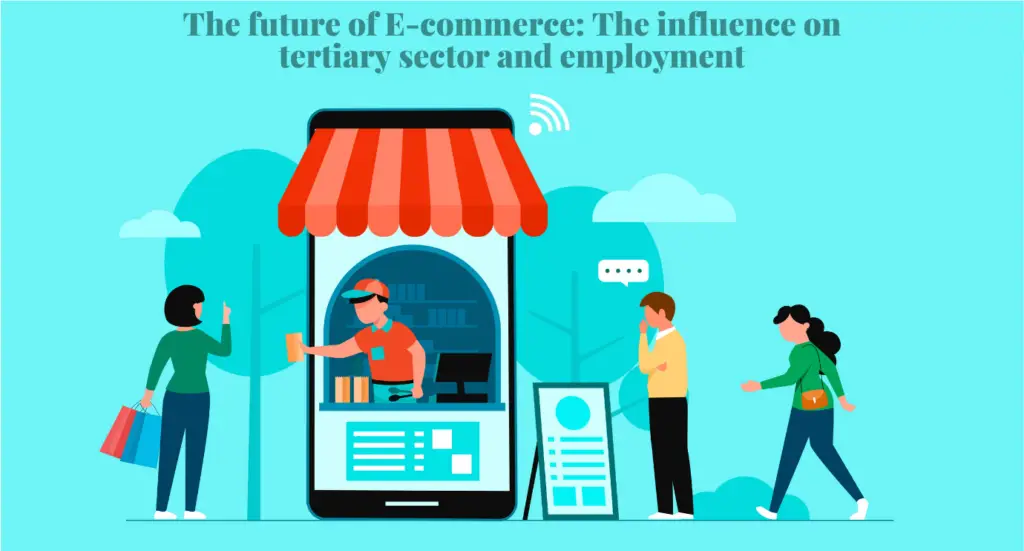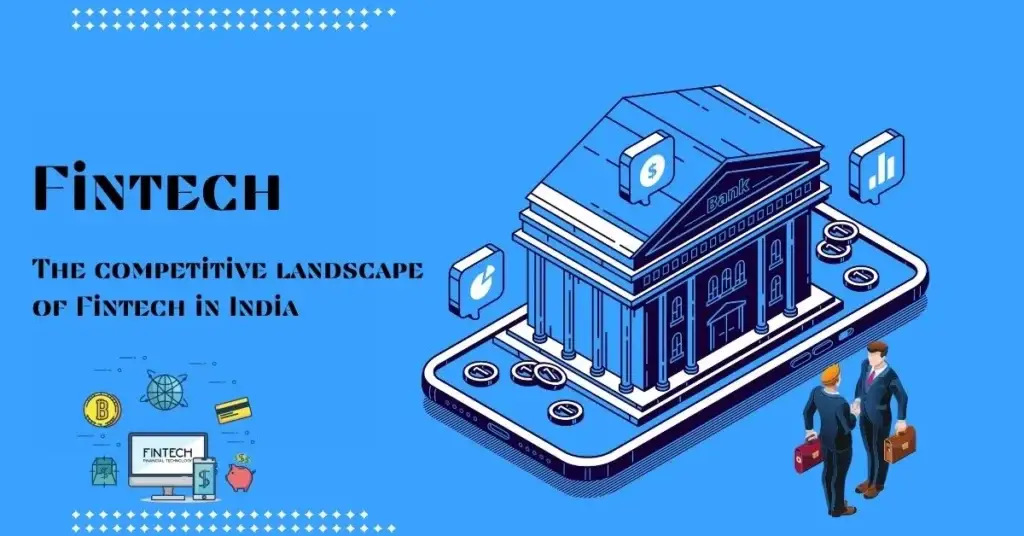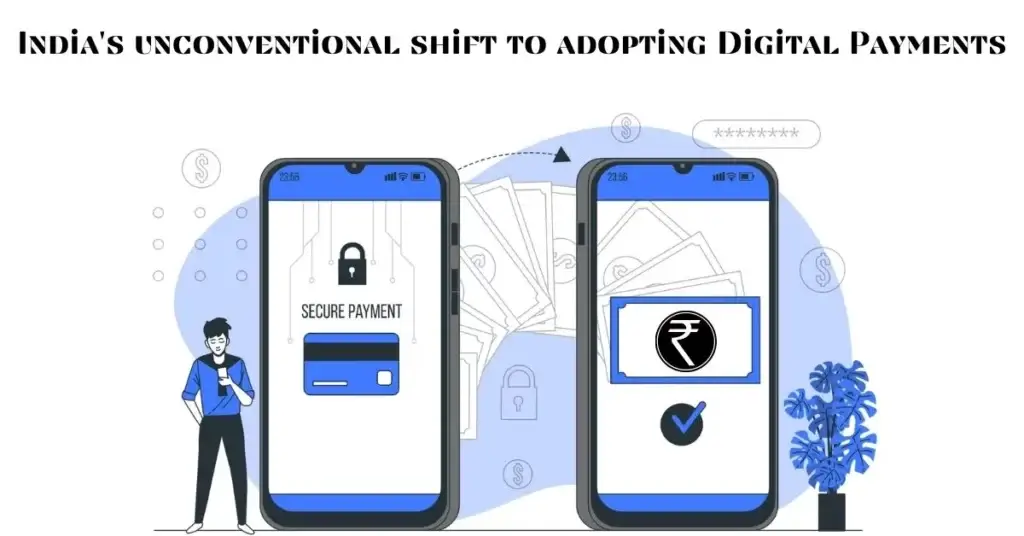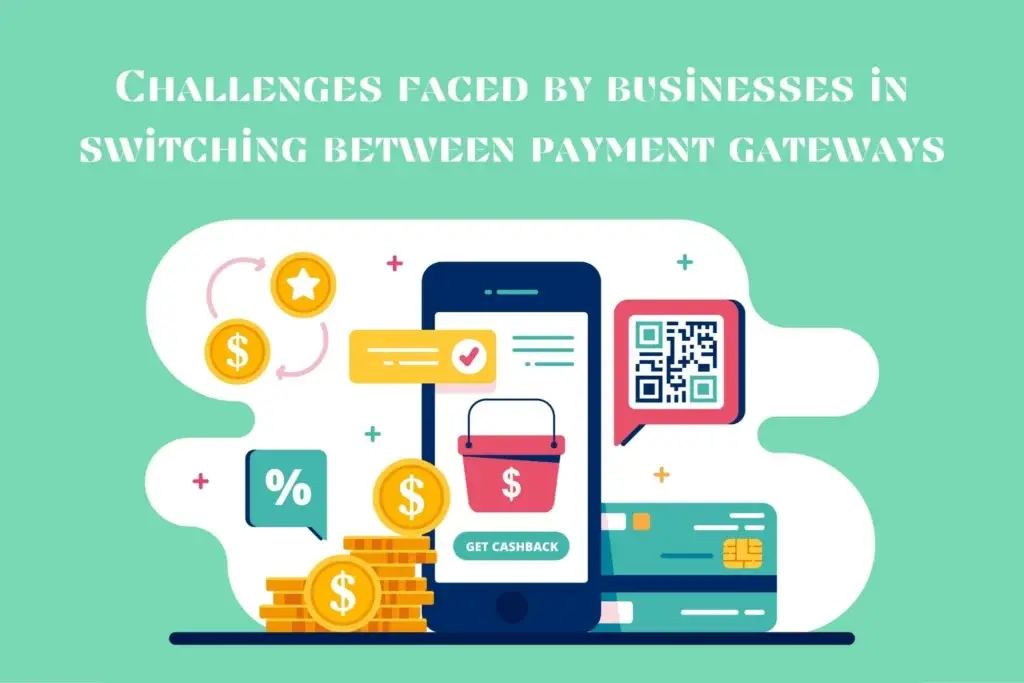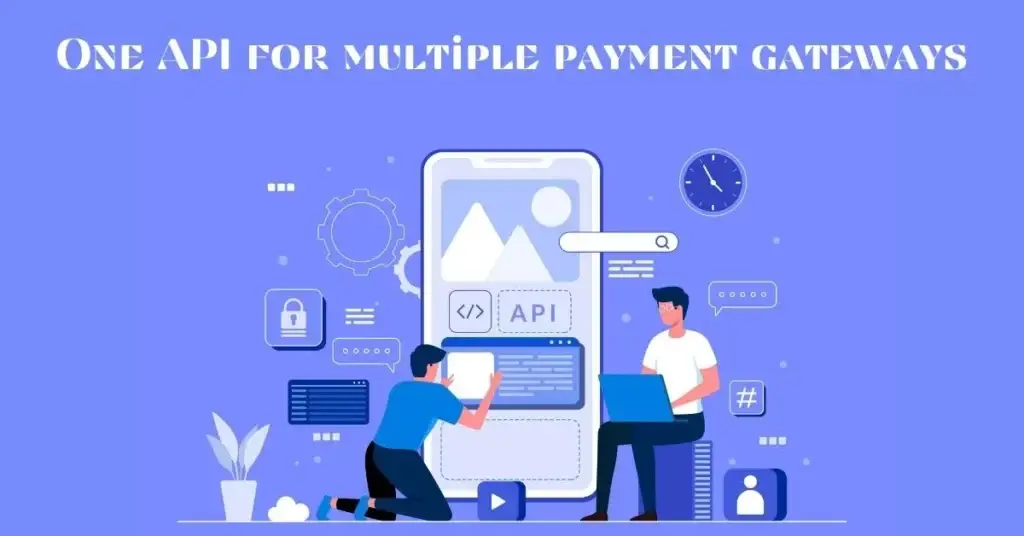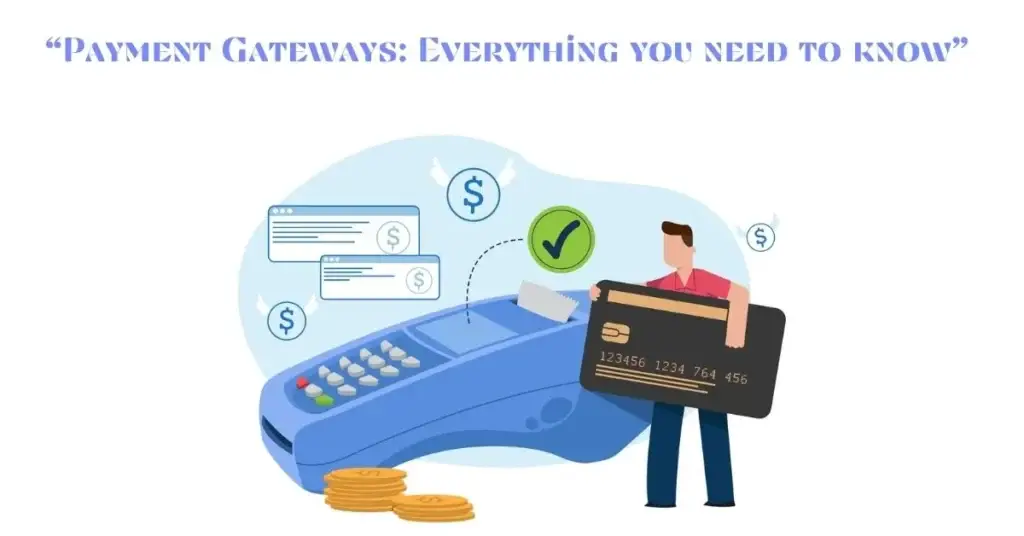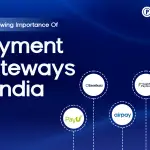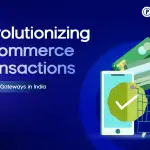In the ever-evolving world of digital transactions, ensuring the security of online payment processing data remains a top priority for businesses and consumers alike. Despite advancements in security technologies, several challenges persist in maintaining robust payment security. Let’s delve into some of the common challenges and how businesses can address them to protect sensitive information and maintain customer trust in their payment solution.
1. Data Breaches:
Data breaches are one of the most significant threats to payment security. Cybercriminals continuously develop sophisticated methods to infiltrate systems and access sensitive payment information. Once breached, this data can be sold on the dark web or used for fraudulent activities. A secure payment solution can help mitigate this risk.
Solution: Implementing comprehensive security measures such as encryption, tokenization, and multi-factor authentication can significantly reduce the risk of data breaches. Regular security audits and vulnerability assessments are also essential to identify and mitigate potential weaknesses in the payment solution system.
2. Fraudulent Transactions:
Fraudulent transactions, including identity theft and card-not-present fraud, pose a significant challenge for businesses. Fraudsters use stolen or fake payment information to make unauthorized purchases, leading to financial losses and reputational damage. An effective payment solution should address these issues.
Solution: Employing advanced fraud detection tools that use machine learning and AI to identify suspicious patterns and behaviors can help prevent fraudulent transactions. Additionally, implementing robust customer verification processes, such as biometric authentication and multi-factor authentication, adds an extra layer of security to your payment solution.
3. Compliance with Regulations:
Maintaining compliance with various payment security regulations, such as the Payment Card Industry Data Security Standard (PCI DSS), can be complex and resource-intensive. Non-compliance can result in hefty fines and damage to the business’s reputation. Having a payment solution that complies with these standards is essential.
Solution: Regularly updating and reviewing security policies to ensure they meet regulatory standards is crucial. Businesses should invest in compliance management tools and work with experienced security professionals to navigate the complexities of regulatory requirements and integrate them into their payment solution.
4. Insider Threats:
Insider threats, whether malicious or accidental, pose a significant risk to payment security. Employees with access to sensitive payment data may inadvertently or deliberately compromise this information. Thus, it’s vital to have mechanisms in place within the payment solution to manage these risks.
Solution: Implementing strict access controls and conducting regular employee training on security best practices can help mitigate the risk of insider threats. Monitoring and logging access to sensitive data can also provide visibility into potential security breaches from within the organization, ensuring the payment solution remains secure.
5. Evolving Cyber Threats:
The landscape of cyber threats is continuously changing, with new types of malware, phishing schemes, and other attack vectors emerging regularly. Staying ahead of these evolving threats is a constant challenge for businesses. Your payment solution must evolve accordingly.
Solution: Keeping security systems and software up to date with the latest patches and updates is critical. Businesses should also invest in threat intelligence services that provide real-time insights into emerging cyber threats and adjust their security strategies accordingly to enhance their payment solution.
6. Securing Mobile Payments:
As mobile payments become increasingly popular, ensuring the security of these transactions is essential. Mobile devices can be vulnerable to malware, phishing attacks, and other security threats. A mobile-friendly payment solution should address these vulnerabilities.
Solution: Implementing robust security measures for mobile payments, such as biometric authentication, secure mobile payment apps, and encryption, can help protect against these threats. Encouraging customers to use secure networks and regularly update their mobile devices also enhances security for your mobile payment solution.
Case Study: A Major Retailer’s Data Breach
In 2013, Target, a major US retailer, suffered a massive data breach that exposed the credit and debit card information of 40 million customers. The breach was traced back to a compromised third-party vendor, an HVAC service provider, whose credentials were stolen and used to access Target’s network. Once inside, hackers installed malware on Target’s POS systems, allowing them to capture card data from transactions. This breach cost Target over $200 million in settlements, fines, and legal fees and severely damaged its reputation.
Lessons Learned: This case highlights the importance of stringent third-party risk management, continuous monitoring of network activity, and investment in robust security measures. Businesses must ensure that third-party vendors adhere to security protocols and regularly update and audit their security measures to protect against potential breaches.
Strategies to Mitigate Payment Security Challenges
- Implement Strong Authentication and Encryption: Using multi-factor authentication (MFA) and end-to-end encryption can help protect sensitive data during transmission and storage. Tokenization, which replaces sensitive data with non-sensitive equivalents, is another effective method to secure payment information.
- Regular Security Audits and Penetration Testing: Conducting regular audits and penetration testing helps identify vulnerabilities in the payment system. It also ensures that security measures are up-to-date and compliant with industry standards.
- Employee Training and Awareness Programs: Training employees to recognize phishing attempts, social engineering attacks, and other security threats can help mitigate insider risks and reduce the likelihood of human error.
- Adopt Secure Payment Standards: Adhering to industry standards like PCI DSS ensures that businesses follow best practices for payment security, from data encryption to access controls.
- Monitoring and Real-Time Fraud Detection: Deploying advanced monitoring tools and AI-driven fraud detection systems can help identify suspicious activities and prevent fraud in real-time.
- Strengthen Third-Party Risk Management: Regularly assessing and monitoring third-party providers for compliance with security standards is essential. Establishing robust contracts and conducting due diligence before onboarding new partners can mitigate third-party risks.
While the challenges of payment security are significant, they are not insurmountable. By staying vigilant and adopting a multi-layered approach to security, businesses can protect sensitive payment data and maintain customer trust with a reliable payment solution.
Looking to bolster your payment security? Partner with Payomatix to leverage our advanced security solutions designed to protect your business from evolving cyber threats. Choose Payomatix as your trusted payment partner and prioritize the security of your digital transactions with the best payment solution. Sign up today and experience the peace of mind that comes with cutting-edge payment security.

